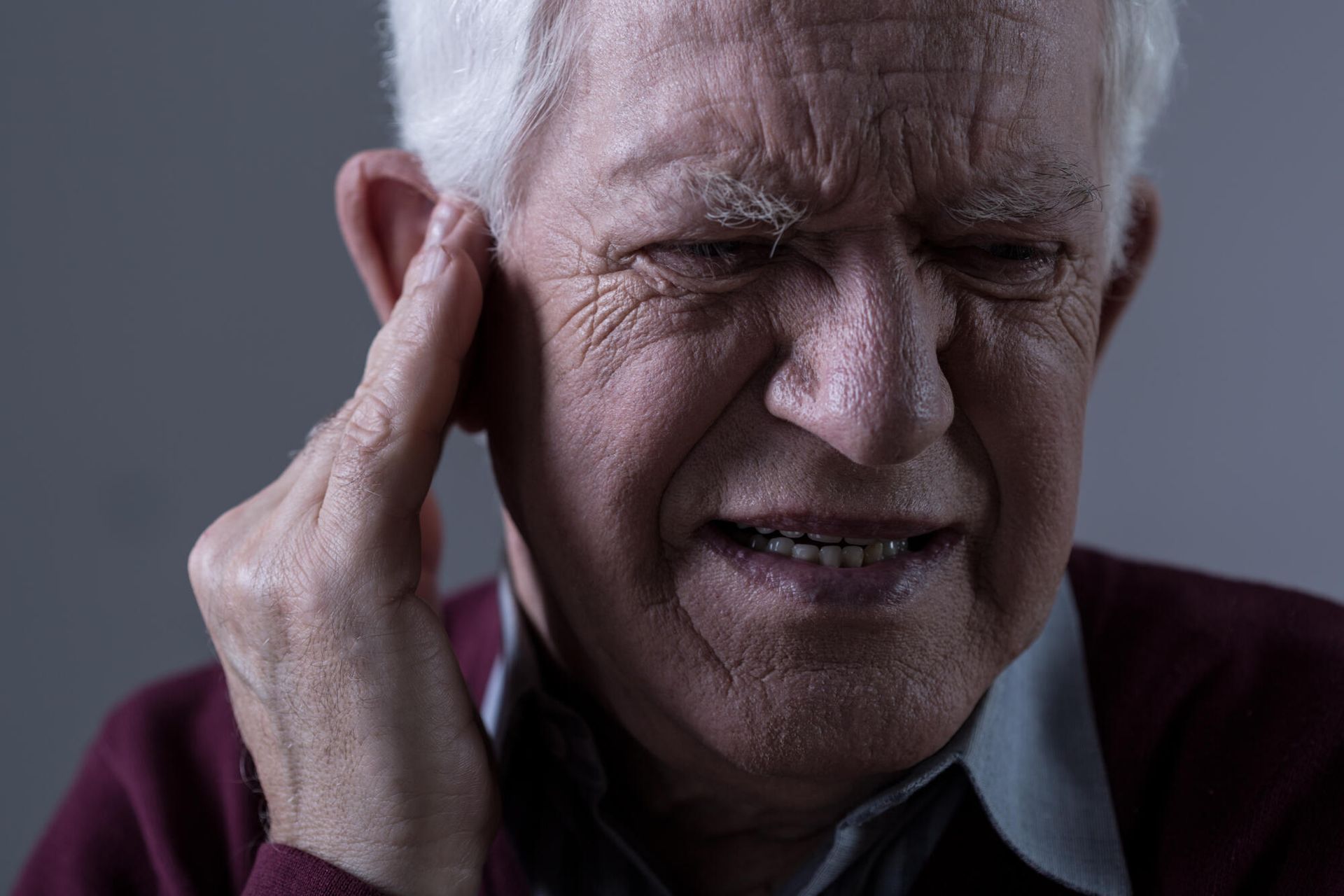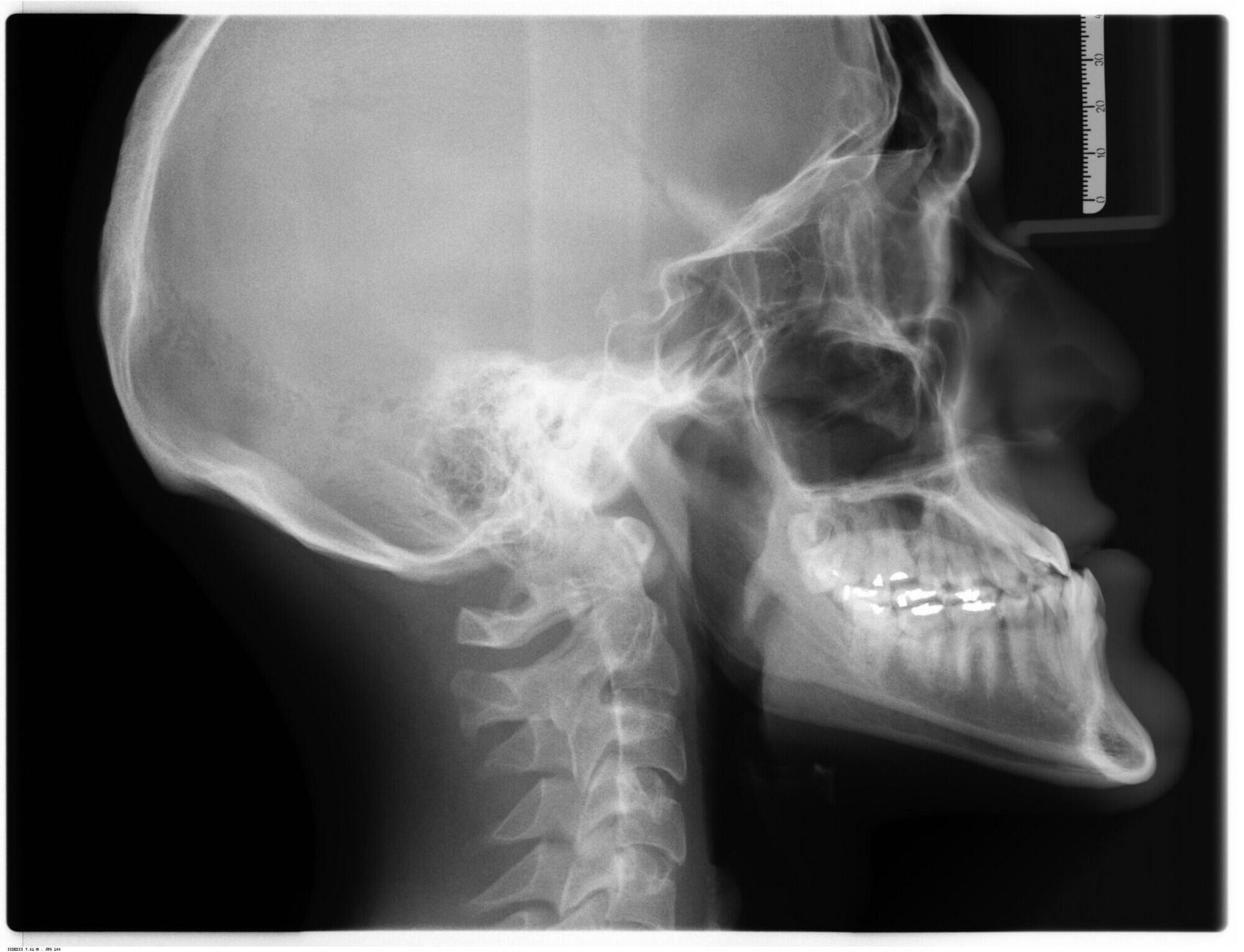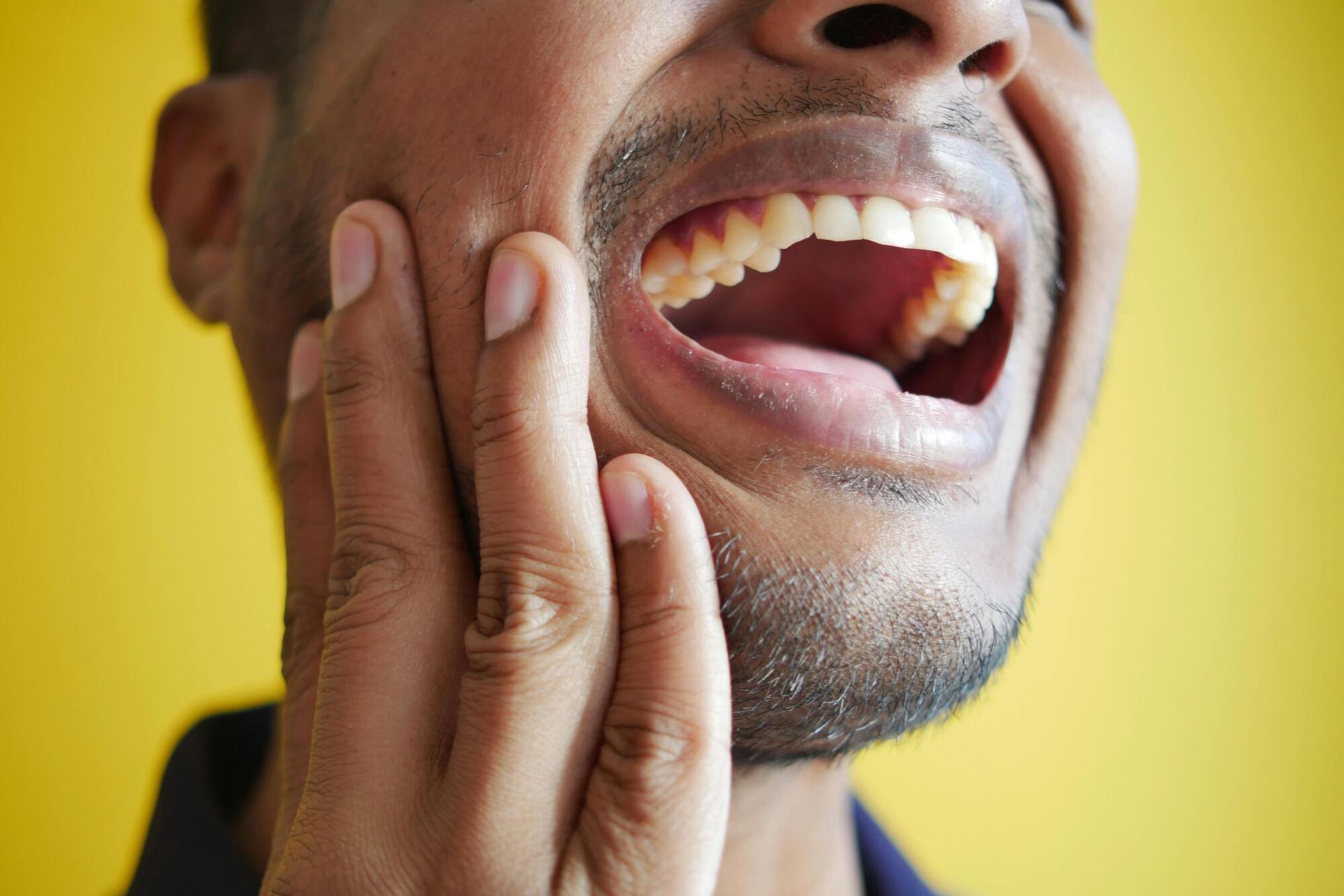What Causes TMJ Tooth Pain?
TMJ can affect different parts of your face, including your jaw, your teeth, and your ears! Learn what causes TMJ tooth pain and how to address it here.

The chances are good that you'll experience a toothache at least once in life: research suggests that
40% of adults felt tooth pain within the last year alone.
However, what happens when that pain becomes something more?
When tooth pain seems to travel across your face, ears, and even neck, you may be dealing with a much more frustrating condition. TMJ tooth pain is harder to treat than a cavity, and it's not always easy to figure out what's causing it. If you think you may be suffering from TMJ pain, here's what you should know.
What Is TMJ Disorder?
TMJ is an abbreviation for temporomandibular joint. This joint connects your skull to your lower jaw.
Everyone has two of these joints, with one on either side of the head. They sit right in front of your ears, and they help you move your jaw.
TMJ disorder is a condition that causes pain in this area. If you've ever looked it up, you may see experts switching between the terms "TMD" vs "TMJ." Though they're used interchangeably, "TMJ" refers to the specific joint in the body, and "TMD" refers to a disorder in that joint.
Causes of TMJ Tooth Pain
TMJ tooth pain can happen for several reasons, and the root cause can be hard to diagnose.
Common Causes
Physical injuries are the most obvious cause. A fractured or dislocated jaw can sometimes cause TMD.
Tooth grinding, or bruxism, can also cause or contribute to TMD. Some people are more likely to clench or grind their teeth at night based on their sleeping position. Stress can also cause excessive clenching and pain.
In some cases, TMJ pain may appear when your teeth don't fit together as they should. This can cause tension and muscle strain.
Other possible causes include arthritis, certain autoimmune disorders, and infections. Research also suggests that women may be more likely to get TMJ disorders than men.
Possible Triggers
Though they aren't direct causes, certain behaviors can trigger flare-ups in patients who already have TMJ pain.
Poor posture that strains the neck and jaw can worsen TMJ pain. The same is true when you chew on things you shouldn't, such as ice, pens, and pencils. Using your teeth to open containers or bite your nails can also cause painful clenching.
Some people who experience TMJ pain find that it worsens with excessive chewing, especially gum chewing.
Types of TMJ Pain
Pain from TMJ disorder can radiate throughout the face.
Most people who experience TMJ disorder notice pain in and around the jaw, especially around their back teeth. Moving or clenching the jaw can be painful.
However, this pain can also spread to the ear or up into the cheeks. Headaches and migraines may become more common if you're experiencing TMJ pain. In some cases, TMJ pain may even extend past the head and into the neck or shoulders.
Additional Side Effects of TMJ
Beyond pain, TMJ disorder can cause other unwanted side effects.
Some people experience clicking or popping sounds with jaw movements. These sounds are often painless, though it's possible to experience buzzing or ringing in the ears at the same time.
Stiffness is another frequent complaint. TMJ disorder can make it more difficult to open the jaw, and some people feel discomfort when they try to open wide.
If your TMJ pain is linked to bruxism, you may experience tooth-related side effects over the long term. Constant grinding can wear down the protective enamel of your teeth, making them more vulnerable to decay. This can also expose the inner pulp of the tooth, which can cause or worsen tooth sensitivity.
TMJ vs. Toothaches
Given that TMJ pain can cause both jaw and tooth pain, how can you be sure you aren't experiencing a toothache?
Toothaches will often, though not always, come with a sudden onset of pain. If the tooth is infected, you may notice inflamed gums around it or a foul taste that won't go away.
If a single tooth in your mouth has suddenly become more sensitive, a cavity may be to blame. The pain from a toothache often centers around a specific tooth on one side of the mouth.
With TMJ disorder, on the other hand, you're more likely to notice pain on both sides of your mouth at once. This pain will often develop gradually over several weeks or even months. If the pain from your teeth radiates to other areas of the face or comes with the side effects above, you likely have TMJ dental pain, not a toothache.
The best way to be sure is to make an appointment with an experienced TMJ dentist.
TMJ Treatment Options
If your TMJ pain is minor, you can often get pain relief at home.
Try to maintain a loose, neutral jaw position, and avoid clenching or chewing. Focus on good posture, using a chair with strong back support. If you grind your teeth at night, consider sleeping on your back or side, as stomach sleeping is most likely to cause bruxism.
If stress may be causing your habitual jaw clenching, do what you can to minimize it. Meditation, yoga, and other relaxation techniques may help.
In addition, try to do jaw exercises at least once a day. Stretching and strengthening your jaw muscles may help you relieve pain.
If you're still struggling with TMJ pain, make an appointment with a TMJ specialist.
In-depth exams may help you pinpoint and correct the root cause. Your dentist can help you correct issues with your bite or provide a custom night guard to prevent nighttime clenching. Other tactics, like massage or low-frequency electrical stimulation, can relieve stiffness and pain.
Get Help With Your TMJ Tooth Pain
TMJ tooth pain can be frustrating and stressful to deal with alone, even once you understand the possible causes. Troubleshooting this complex condition isn't always easy, and many patients struggle to get pain relief at home.
That's where we come in. In-depth exams and customized treatment plans with Dr. Lynch can help you understand your TMJ pain and get the relief you need. To schedule a one-on-one consultation, contact us today!
DENTAL CARE BURKE
Bernard W. Lynch, DMD, FAGD , LVIF
BUSINESS HOURS
- Mon - Fri
- -
- Sat - Sun
- Closed
703-705-7401












